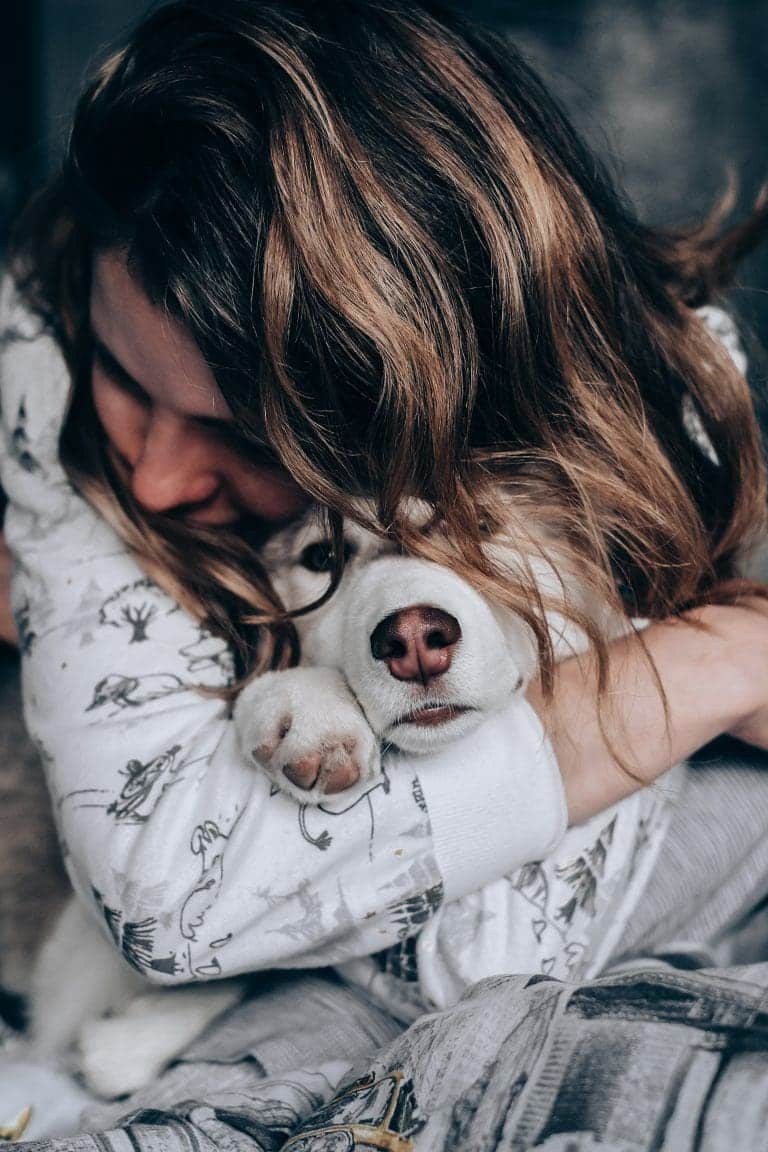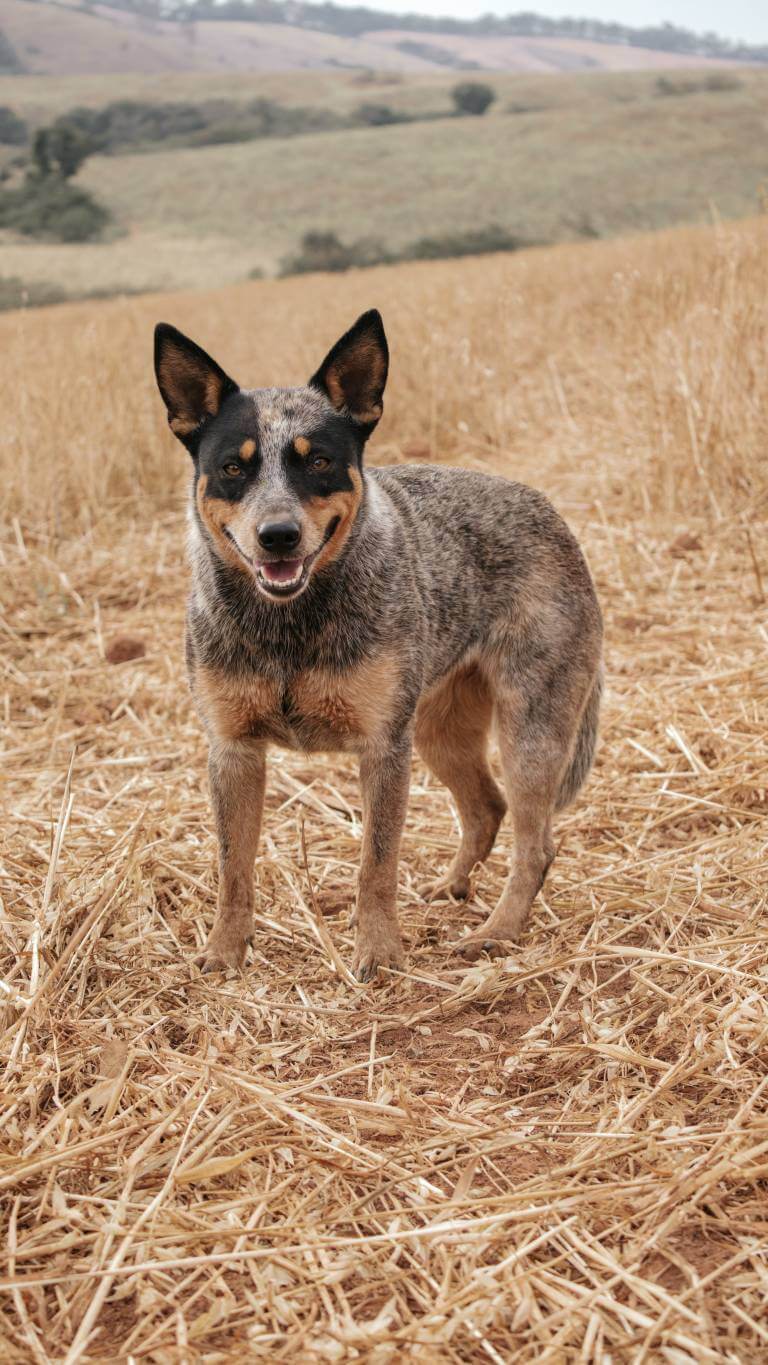How Long Should I Wait To Feed My Dog After Deworming?
Post Date:
December 10, 2024
(Date Last Modified: December 10, 2024)
Deworming is crucial for maintaining your dog’s health by eliminating harmful parasites. A common concern for dog owners is determining the appropriate waiting period before feeding their pets after deworming.
Waiting Period for Feeding
After administering deworming treatment, it’s advisable to wait a few hours before offering food. This pause allows the medication to work effectively. Veterinarians typically recommend withholding food for at least 6 to 12 hours post-treatment to ensure proper absorption of the medication.
Feeding your dog right after deworming can hinder the medication’s efficacy, especially if it’s in the form of a pill or oral solution. Food may interfere with how well the medicine is absorbed. Always follow your veterinarian’s recommendations, as they take into account your dog’s health and the specific medication used.
Transitioning to Food
Once the waiting period has elapsed, start with a small portion of bland food, such as boiled chicken and rice. This gentle option can help your dog ease back into their regular diet, especially if they had a heavy parasite load that may have made their digestive system sensitive. Gradually returning to their regular diet over a few days can help prevent gastrointestinal upset.
Monitoring Your Dog
After deworming, keep an eye on your dog for any mild side effects, which may include lethargy or a slight decrease in appetite. These reactions can occur as their body adjusts to the medication. If your dog experiences severe discomfort, persistent vomiting, or diarrhea, contacting your veterinarian is essential. They can assess whether these symptoms are a normal response to the treatment or indicate a more serious issue.
Factors Influencing Feeding Time
The type of deworming medication can also affect when to resume feeding. Some medications work quickly, while others have a prolonged effect. Always adhere to the instructions provided by your veterinarian or the medication’s label. If there’s any uncertainty, it’s always best to consult your vet for clarity.
Individual Considerations
Every dog is unique, and factors such as age, size, breed, and overall health can influence their reaction to deworming treatments. For instance, young puppies may be more sensitive to dietary changes or medication effects compared to adult dogs. Any pre-existing health conditions should also be considered, as they may require a different feeding approach after deworming.
Regular Deworming Practices
In addition to knowing when to feed after deworming, regular deworming is vital for your dog’s health, especially for those that spend time outdoors or interact with other animals. Your veterinarian can help create a deworming schedule tailored to your dog’s lifestyle and needs.
Preventing Re-infestation
Preventing future infestations is crucial. Regularly check for signs of worms, such as changes in appetite or weight. Maintaining a clean environment, frequent grooming, and ensuring your dog is on a preventive medication plan can significantly reduce the risk of re-infestation.
Listening to your dog’s needs and seeking professional advice ensures a smooth recovery after deworming. Being informed about their care is an essential aspect of responsible pet ownership.






